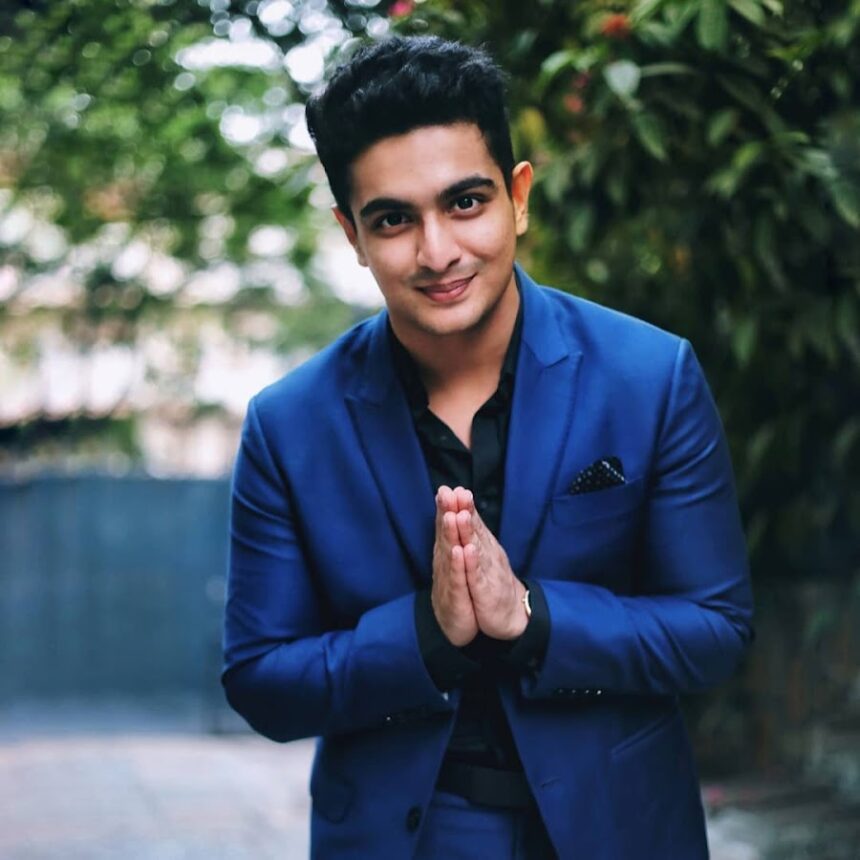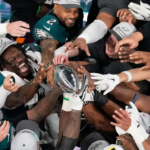Renowned YouTuber and podcaster Ranveer Allahbadia, also known as BeerBiceps, has issued a public apology following heavy backlash over a controversial remark he made on comedian Samay Raina’s YouTube show, India’s Got Latent. The internet personality, famous for his motivational content, business insights, and celebrity interviews, found himself at the center of controversy after making an inappropriate comment that sparked outrage among netizens.
This article dives deep into what happened, why it caused a backlash, how Ranveer responded, and the broader implications of the controversy.
Ranveer Allahbadia appeared as a guest on Samay Raina’s YouTube show, India’s Got Latent, a platform known for its mix of humor and talent-based discussions. However, during the show, he made a remark towards a contestant that was perceived as insensitive and inappropriate. Though the exact words were not explicitly revealed in some reports, multiple sources and social media users criticized the comment for being crude and distasteful, questioning its relevance and humor in the context of the show.
As soon as the episode aired, social media platforms erupted with criticism. Many viewers found the remark offensive and uncalled for, with several demanding an apology from Ranveer and the show’s organizers. The backlash quickly gained traction, with hashtags like #ApologizeRanveer trending on X (formerly Twitter) and Instagram. Prominent influencers and public figures also weighed in, with some expressing disappointment over the lack of sensitivity displayed in the comment.
Acknowledging the growing controversy, Ranveer issued a public apology on his social media platforms within a day of the backlash. He shared a one-minute video where he addressed the criticism and took responsibility for his words. In the video, he stated:
“My comment was not just inappropriate; it was not even funny. Comedy is not my forte. I am just here to say sorry.”
He further admitted that he should have been more mindful of his words, particularly as someone whose content is consumed by audiences across all age groups.
In addition to apologizing, Ranveer requested the makers of India’s Got Latent to edit out the controversial section of the episode. He emphasized that his intention was never to offend anyone and that he wanted to ensure responsible content creation moving forward. His swift apology, however, did not immediately put an end to the controversy.
While some fans were disappointed by the remark, others appreciated Ranveer’s quick response and his willingness to take accountability. Many users defended him by saying that everyone makes mistakes, and it’s important to allow room for learning and growth. A few users commented:
“He owned up to his mistake. That’s all that matters.”
“At least he apologized rather than ignoring it.”
“We’ve seen worse in comedy. This was unintentional. Let’s move on.”
On the other hand, many believed that a simple apology wasn’t enough. Some users demanded that Ranveer reflect more deeply on the impact of his words and take further steps to promote responsible content creation. Critics argued:
“An apology is easy, but what about accountability?”
“This just shows how influencers don’t think before they speak.”
“Would he have apologized if there wasn’t backlash?”
Some social media users also pointed out that this wasn’t the first time influencers faced backlash for inappropriate jokes, emphasizing the need for more mindful content creation.
With YouTube, podcasts, and social media now being major sources of entertainment and education, content creators like Ranveer Allahbadia hold significant influence over millions of viewers. This controversy raises important questions about where we draw the line between humor and offensiveness, whether influencers should undergo media training to avoid such situations, and how responsible content creators should be for their words. Many experts believe that as influencers gain mainstream popularity, they must become more mindful of their impact, just like mainstream celebrities and journalists.
This incident is also an example of the growing culture of accountability on social media. Today, any problematic statement or action can be immediately called out, forcing influencers to take responsibility in real time. While some argue that this keeps influencers in check, others feel that cancel culture is becoming too aggressive, leaving no room for genuine mistakes.
While this controversy sparked significant discussions, Ranveer took immediate action by apologizing, which may prevent long-term damage to his career. However, his reputation as a motivational speaker and podcaster may have taken a hit, and he might need to work harder to regain public trust. This incident serves as a learning opportunity for not just Ranveer, but for all influencers. Moving forward, Ranveer might be more careful with his words in public appearances, stick to his strengths—entrepreneurship, self-improvement, and business content, and use this controversy as an opportunity to promote responsible content creation. His ability to bounce back from this will largely depend on how he handles future situations and whether he shows genuine growth.
This controversy highlights an important message: words matter, especially when spoken on a public platform. Accountability is key, and apologies must be backed by actions. The audience plays a major role in holding influencers responsible. As digital media continues to evolve, both content creators and viewers must navigate these challenges responsibly.
Will Ranveer address the controversy in a podcast episode? Will India’s Got Latent release an official statement? Will this change how influencers handle their content? We’ll keep an eye on further developments.






